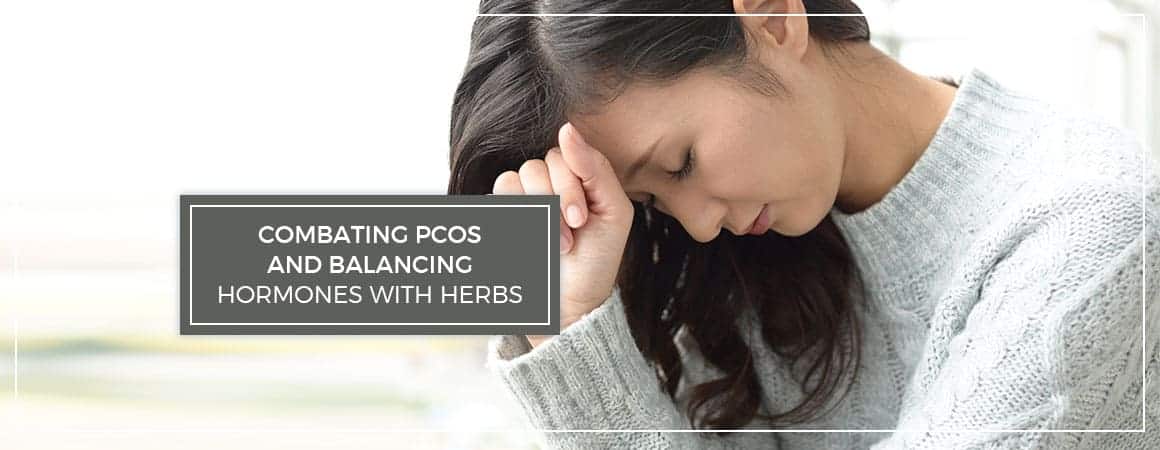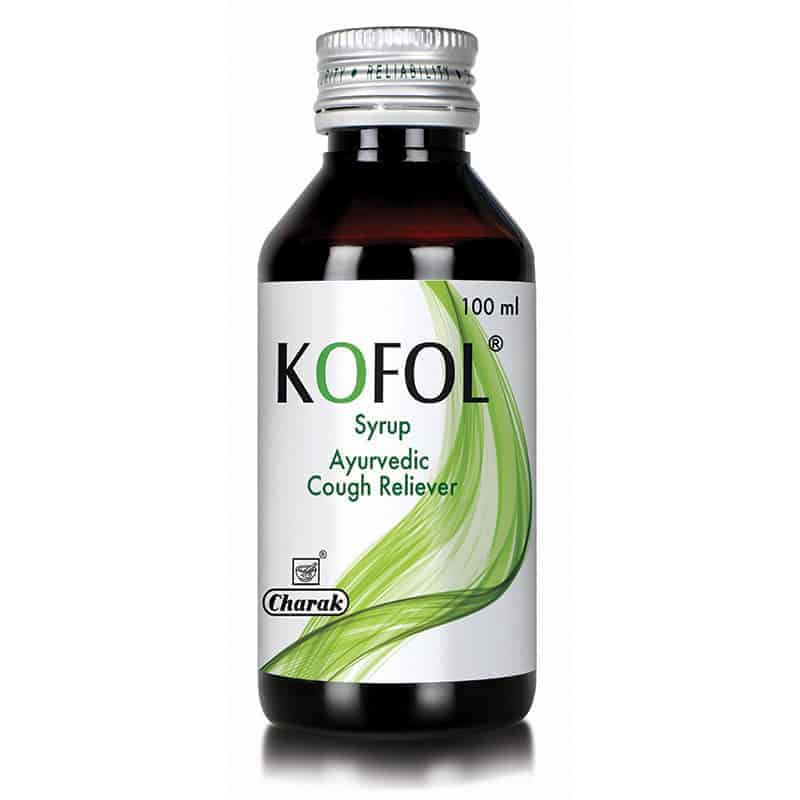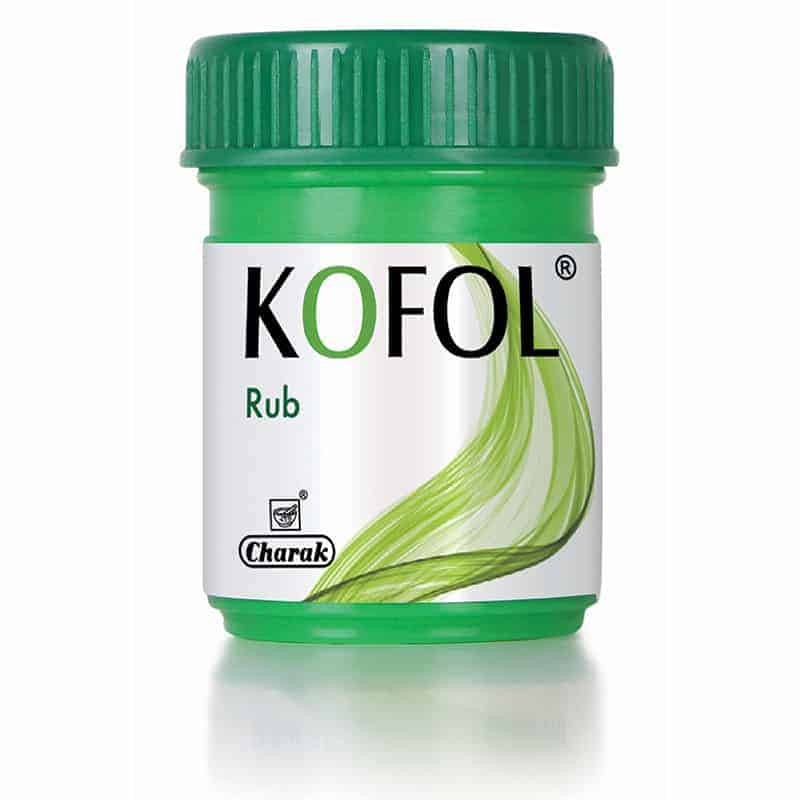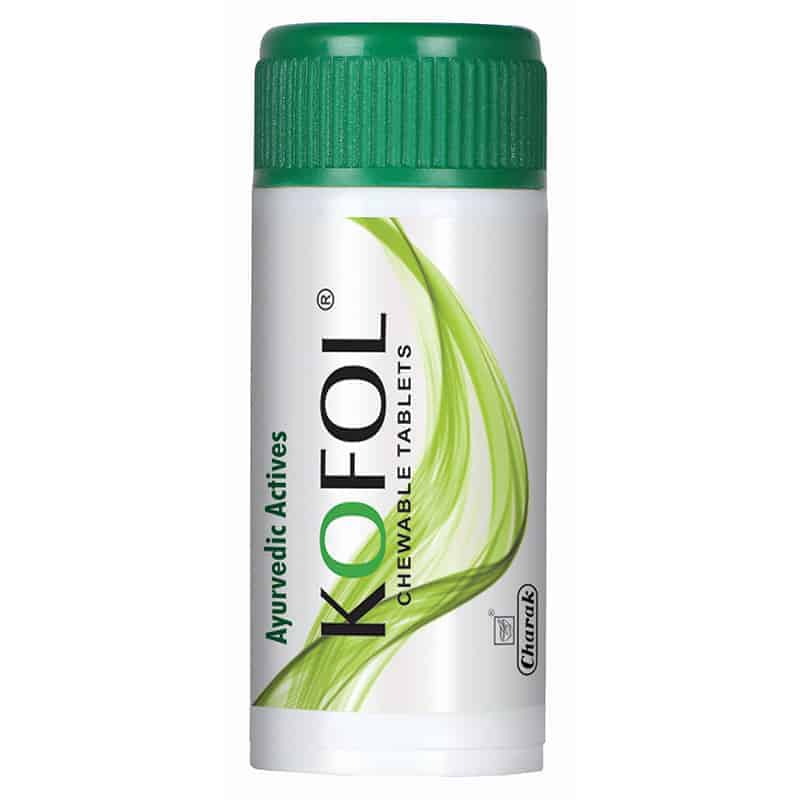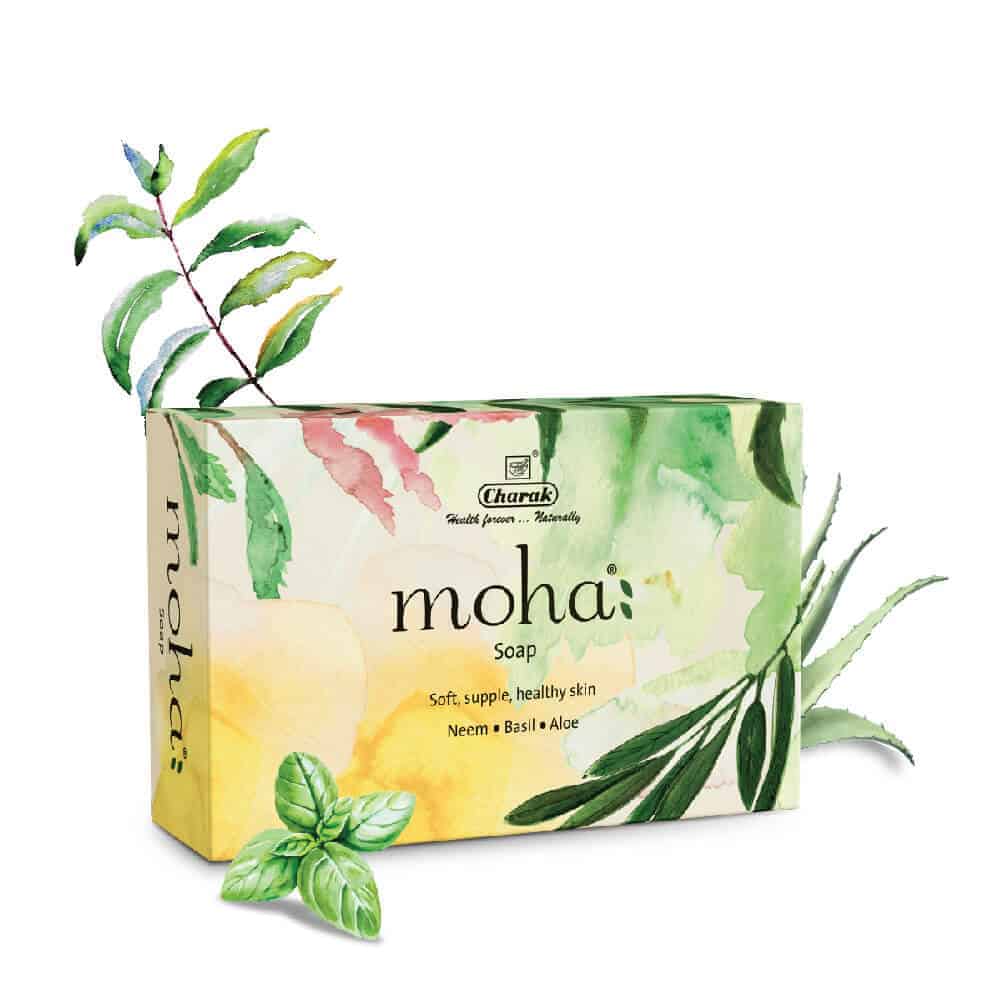Recurrent acne, facial hair, weight gain, mood swings and irregular periods – sound familiar?
This nightmarish condition may sound extremely painful, and it is, but it is also quite common in young women these days. And is caused due to a hormonal condition known as Polycystic Ovarian Syndrome, or PCOS.
In fact, this condition is known to affect as many as 1 in 10 women of childbearing age. In India alone, a recent study by Metropolis Healthcare Ltd, found that 1 in 5 women suffer from PCOS which is about 18-20% of the overall population.
The hormonal production of androgens (male sex hormones) increases causing hair-fall and excess facial hair in PCOS. In addition the hormonal imbalance between estrogen and progesterone can also lead to fertility problems and insulin resistance.
At present, the exact cause of PCOS is not yet known. However, genetics, increased consumption of junk/ processed food and sedentary lifestyles are being linked to this condition.
Symptoms of PCOS
The symptoms of PCOS may be minimal at first but can soon become prevalent as the condition progresses. Women of reproductive age are most at risk and should look out for the following symptoms. An early diagnosis is a must to stop its progression and possibly even reverse it.
- Weight gain
- Irregular or painful periods
- Persistent facial acne
- Exhaustion and fatigue
- Excess facial hair
- Thinning hair on scalp or excess hair fall
- Infertility
While these symptoms in themselves may not seem threatening, the condition does increase the risk for certain severe ailments like diabetes and heart disease. A lot of times, women do not realise that the problem can lie with their hormones and often attempt to treat the symptoms with numerous beauty products, cosmetics and spa treatments.
Further, once diagnosed, women are often put on strong medicines that help manage the condition but do not rectify it. As long as the hormone levels are not brought back in balance, the problem will continue to persist. In addition, allopathic medicines have severe side-effects that can be quite harmful for the body.
Balancing hormones naturally
There are several herbs that can help rectify the imbalance, cure PCOS naturally and promote good health. Some of the best herbs for PCOS include:
Vijaysaar (Pterocarpus marsupium): This potent herb has been used extensively in the treatment of insulin resistance and diabetes. It stimulates the pancreas to boost insulin production and works wonders in lowering blood sugar and total cholesterol levels in the body. It also helps reduce sugar cravings and thereby sugar consumption further aiding in the treatment of PCOS.
Haridra (Curcuma longa): This revered herb is used across Ayurveda for treatment of several illnesses owing to its beneficial properties. It boosts insulin sensitivity and aids in metabolising glucose effectively to lower blood sugar levels. It also helps maintain healthy skin by preventing acne and nourishing the skin. For women with heavy and irregular periods, this herb also helps fight the possibility of anaemia.
Neem (Melia azadirachta): A blood purifier and powerful herb, neem is a must for the treatment of PCOS. This herb regulates glucose metabolism, purifies the blood, lowers blood sugar levels as well as promotes healthy hair and skin.
Procuring and processing these herbs can be extremely difficult. Further, they work best when taken with a combination of supporting herbs for overall women health. Keeping this in mind, Charak has created the best ayurvedic medicine for PCOS, HYPONIDD – a herbal insulin sensitizer with D-Chiro-Inositol edge. This natural supplement combines various herbs in balanced proportions that reduce insulin sensitivity and the risk for cardiovascular disease, boosts fertility, prevents PCOS acne while also minimizing the progression of diabetic complications if started sufficiently early.
Lifestyle tips to combat PCOS
Healthy diet: A low-carb diet with high fibre and nutrition is a must in PCOS. Women should avoid high-fat and high-sugar foods that can worsen the symptoms as well as lead to weight gain.
Regular exercise: Opt for regular physical activity in any form as it helps promote hormonal balance while also keeping the extra kilos off.
